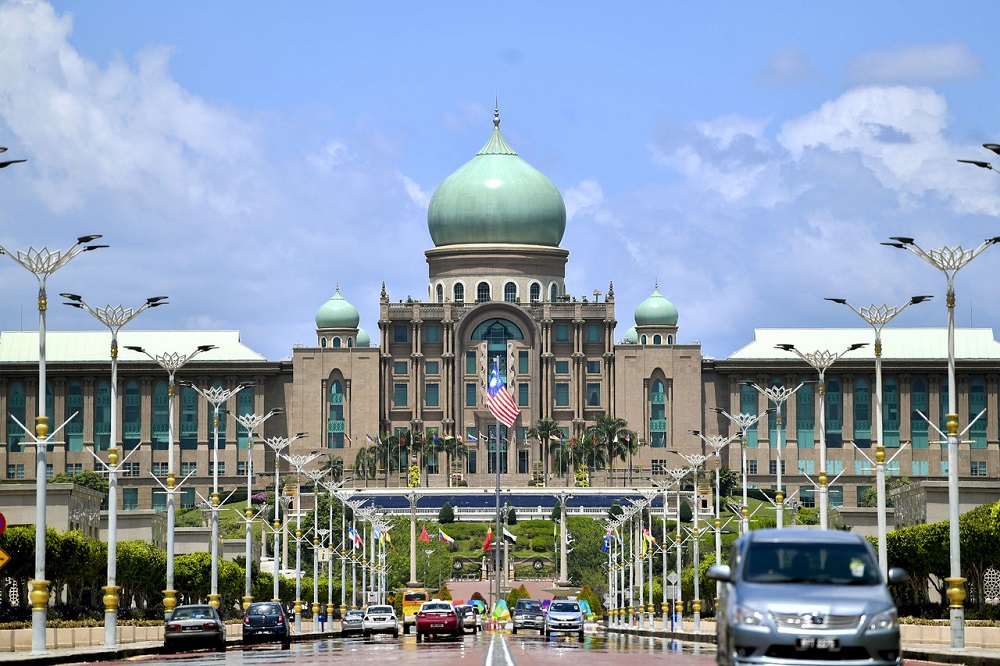KUALA LUMPUR, Feb 21 — The families of more than 30 death row inmates are hopeful that this year they will get some form of cheer should the Malaysian government decide to abolish the death penalty.
This comes amid Putrajaya’s promise to study proposed alternatives to the death penalty before the end of this month, as mentioned by Minister in the Prime Minister’s Department (Law) Datuk Seri Wan Junaidi Tuanku Jaafar, who said a special committee tasked to review the death penalty had briefed him of its findings last month.
Shamala T Manickarajah is a representative of the families who is spearheading the movement along with the various NGOs in order to push for the release, retrial, reduction of sentence, and ultimately, the abolishment of the death penalty of those convicted.
Shamala said she was inspired to help the families after finding out a childhood friend’s husband had been sentenced for drug possession. He has been in jail in Perlis for 13 years.
As part of her efforts, she shared how she helps the families write letters to the various agencies and to the Yang di-Pertuan Agong yearly begging for clemency for the convicted.
She said most of the families did not know how to go about getting clemency so she guided them through the process.
“After repping my friend, I was going to Bentong jail and saw many prisoners crying, waiting for family members so I decided to help them and not just my friend’s husband. I recall in the early days I helped all the makciks and pakciks fill up their forms and wrote letters for them to the prisons and so on. Most of them are poor.
“Last year, we went as a group to see Datuk Liew Vui Keong and he promised to look into our cases but he then passed away. When we went to Putrajaya to the offices, we were told they have our letters and are considering them so we are hoping for the best,” Shamala said during a press conference organised by Amnesty International Malaysia (AIM) today.
“We heard this year the Agong nominated 27 names for pardon. We are praying it is some of us because many of the victims have been in prison for more than a decade.”
In August 2019, the Pakatan Harapan (PH) administration formed the Special Committee to Review Alternative Punishments to the Mandatory Death Penalty to examine alternatives to the mandatory death sentence.
The PH government collapsed in February 2020, however, before the Bill for the abolition of the death penalty could be tabled in the March meeting of Parliament that year.
Wan Junaidi had said that before the government decides on any amendments, it needed to determine the effectiveness of capital punishment as a deterrent to crime while also looking at alternative punishments.
Chiara Sangiorgio, an expert on the death penalty for Amnesty International, said the general public was always hesitant to agree to abolishing the death penalty but studies show that once the rule was in place, society eventually eased into it.
“The global trend shows most countries are abolishing it as it was eight countries in 1958, now it is 108 countries that have abolished the death penalty.
“When it is abolished, public opinion changes despite the initial hesitancy; hence, we need to continue to talk about death penalty and challenge its effectiveness as there is no evidence to show it prevents further crime,” said Chiara.
In addition Chiara said from 2015 to 2020, 10 countries conducted executions and in 2020 Iran, Egypt, Saudi Arabia and Iraq made up close to 90 per cent of total reported executions worldwide.
There are eight countries including Malaysia that execute people for drug offences.
“While the direction is clear, Malaysia is at a crossroads but they have the opportunity to make the change. There’s been some progress with the moratorium but what we have learnt when it comes to the use of the death penalty in Malaysia see lot of arbitrariness a lot of unfairness and discrimination.
“The key learning from this is that piecemeal reforms will not work and fixing the unfixable will not work. That’s why we call for a bold stance to be taken by the government of Malaysia and get rid of it once and for all,” she said.
Malaysia has had a moratorium on all executions since 2018 while awaiting recommendations from the committee.
Shamala said the families of the incarcerated understand that some of their actions are wrong, while others claim they were wrongly convicted; either way, she is hopeful there will be progress this year.
“I feel the Malaysian government will definitely abolish the death penalty. From the families’ side, they are hoping the sentences of their loved ones can be reduced or they are released for time served,” she said.



















